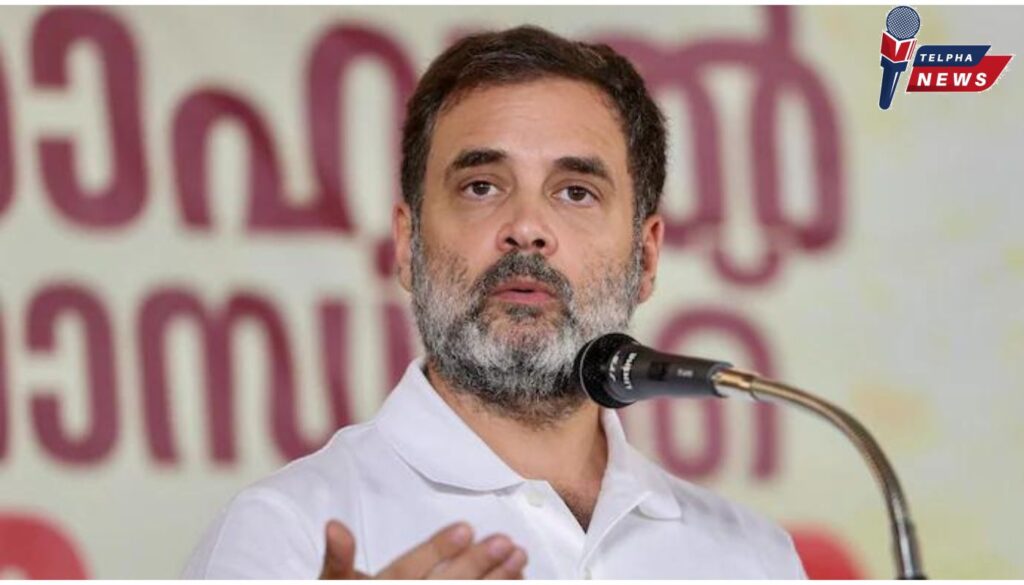The 2024 Lok Sabha Elections: A Tectonic Shift in Indian Politics

The 2024 Lok Sabha elections have heralded a transformative era in Indian politics, as described by Congress MP Rahul Gandhi. In a recent interview with the UK’s Financial Times, Gandhi characterized the election results as a “tectonic shift,” signaling significant changes and challenges for Prime Minister Narendra Modi’s coalition government. Let’s delve into the implications of these results and explore the potential future trajectory of Indian politics.
The Election Results: A New Political Landscape
The 2024 Lok Sabha elections were closely watched, not just within India but globally, given the pivotal role India plays on the world stage. The outcome has been nothing short of dramatic. The Modi-led coalition government, which once enjoyed a robust majority, has now found itself in a precarious position. According to Gandhi, the election results have left the government “very fragile,” with the numbers indicating that even the smallest disturbance could topple it.
Rahul Gandhi’s Perspective
In his interview, Rahul Gandhi emphasized the significance of the election results. He stated, “The space in the Indian political system has been blown open. A tectonic shift has taken place in Indian politics.” This shift, as Gandhi suggests, is not just about the numbers but reflects a broader discontent within the ruling coalition. He hinted at possible defections, indicating that there are members within Modi’s camp who are in contact with the opposition. “Basically, one ally has to turn the other way,” Gandhi remarked, highlighting the vulnerability of the current government.
The Implications for Narendra Modi’s Government
The immediate implication of these election results is the instability it brings to the current administration. A government that was once seen as strong and stable now faces the reality of potential defections and internal discontent. This fragility could lead to policy paralysis, where significant legislative and administrative decisions might be stalled due to the lack of a clear majority.
Moreover, the government’s ability to push forward its agenda will be severely tested. With a fragmented coalition, consensus-building will become more challenging, and the opposition will likely leverage this weakness to its advantage. This scenario sets the stage for intense political maneuvering in the coming months.
The Role of the Opposition
For the opposition, led by the Congress party and Rahul Gandhi, the election results are a strategic victory. It provides them with an opportunity to reshape the political narrative and position themselves as a viable alternative to the Modi government. The discontent within the ruling coalition, as hinted by Gandhi, could be a key factor in their strategy moving forward. By capitalizing on this discontent, the opposition can work towards forming a more cohesive and influential bloc in the parliament.
Looking Ahead: Uncertain Times
The “tectonic shift” in Indian politics, as described by Rahul Gandhi, suggests a period of uncertainty and potential upheaval. For the Modi government, the immediate task will be to consolidate its position and address the internal rifts that could threaten its stability. For the opposition, the focus will be on building momentum and capitalizing on the current discontent to strengthen their position.
In conclusion, the 2024 Lok Sabha elections have indeed marked a significant turning point in Indian politics. The results have created a dynamic and potentially volatile political landscape, with both opportunities and challenges for all parties involved. As the dust settles, the coming months will be crucial in determining the future direction of Indian politics and governance.